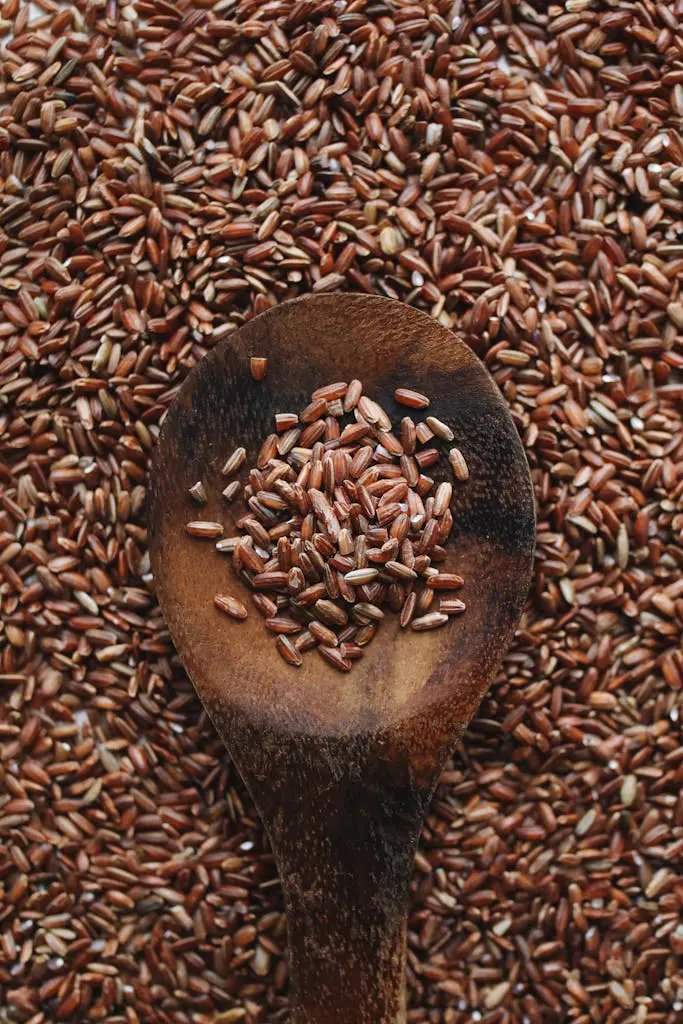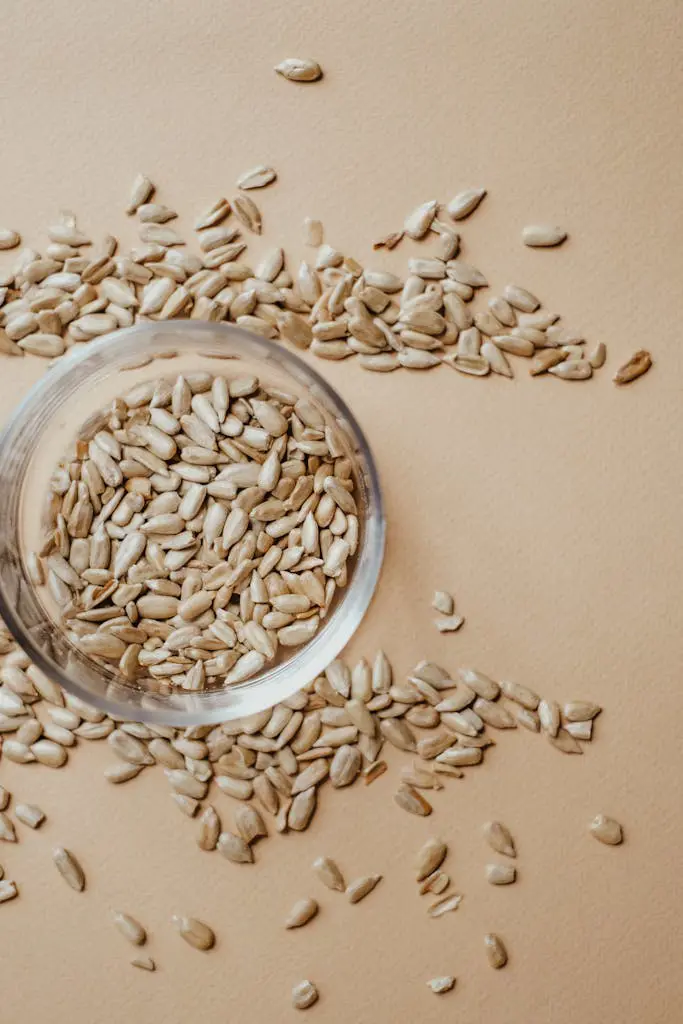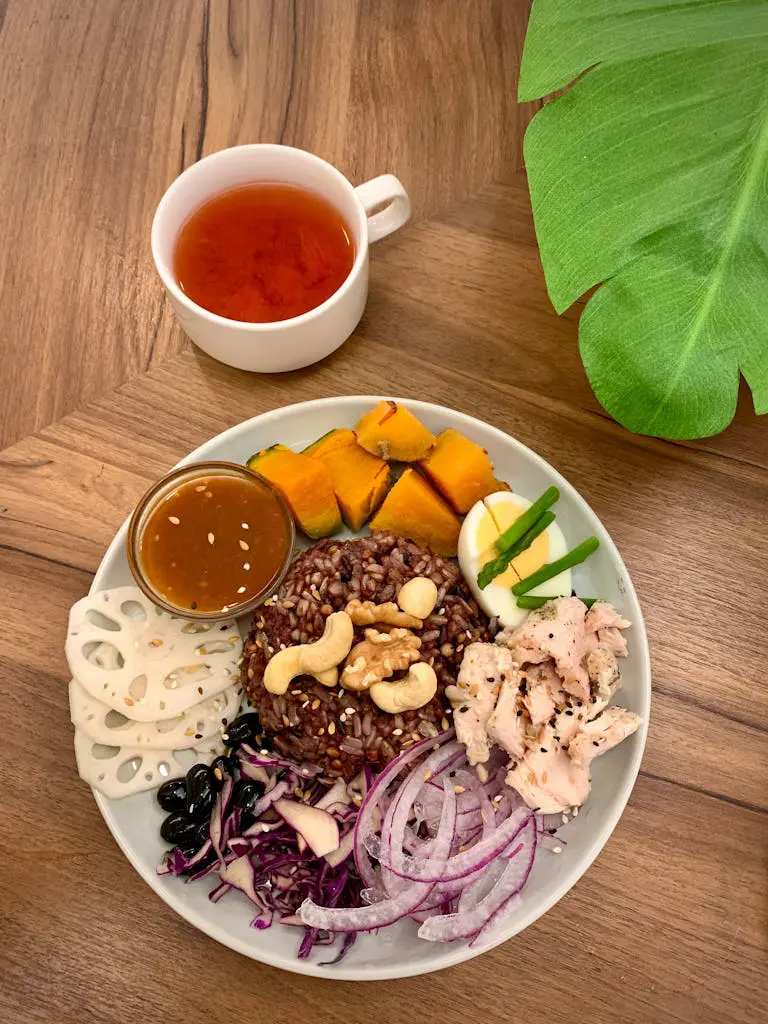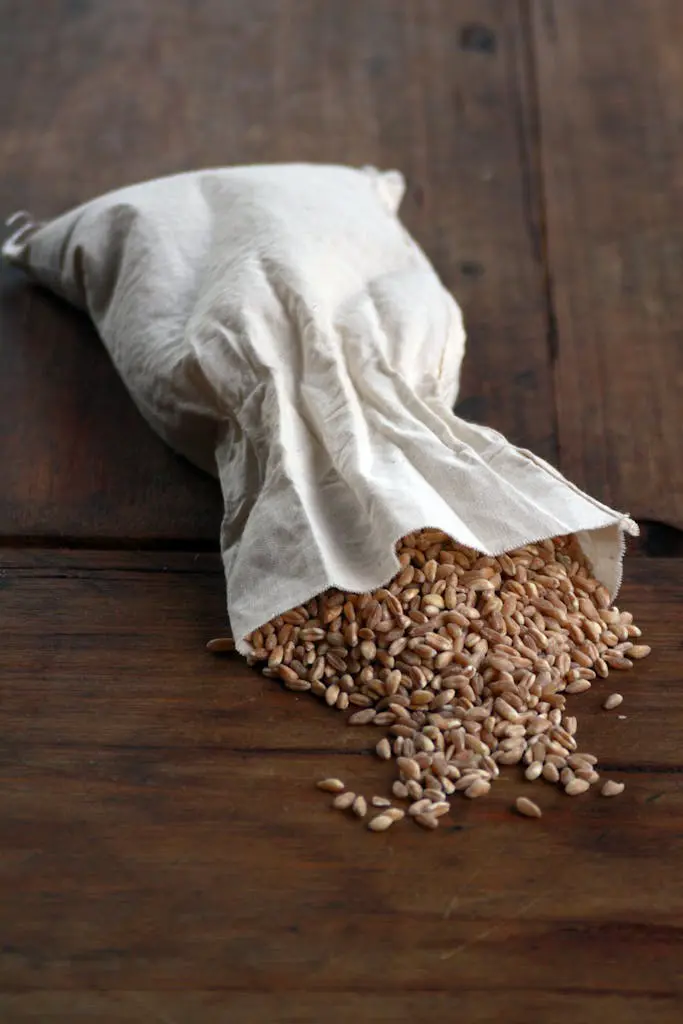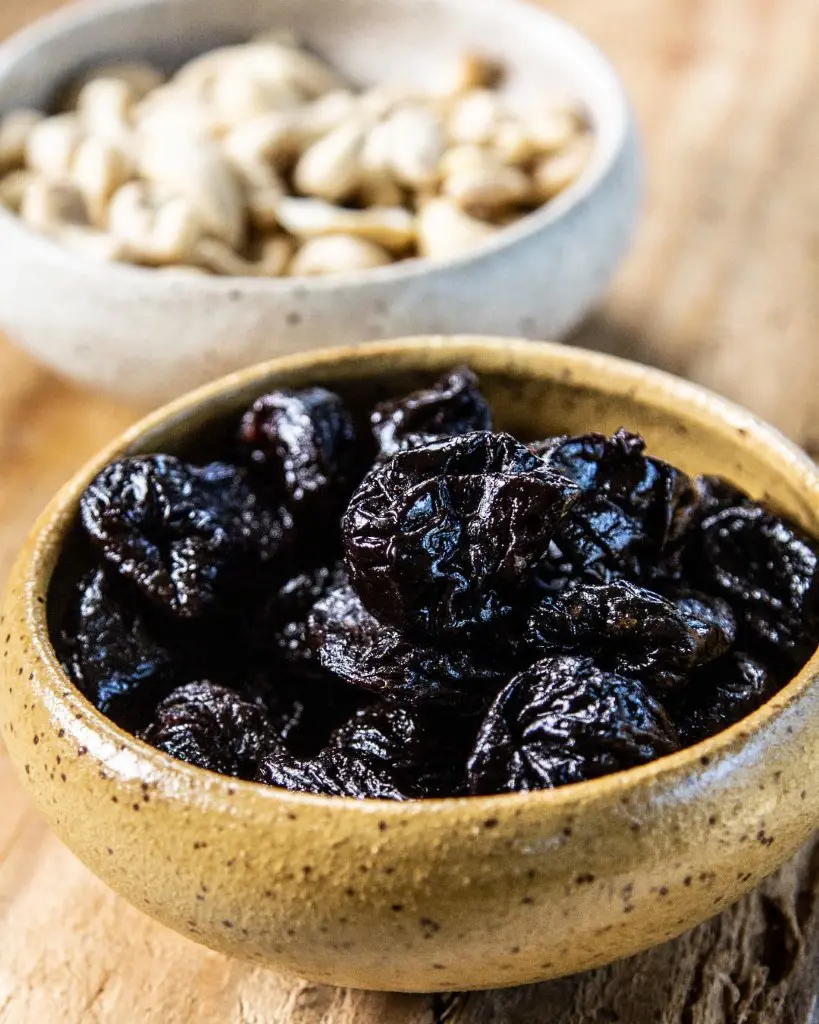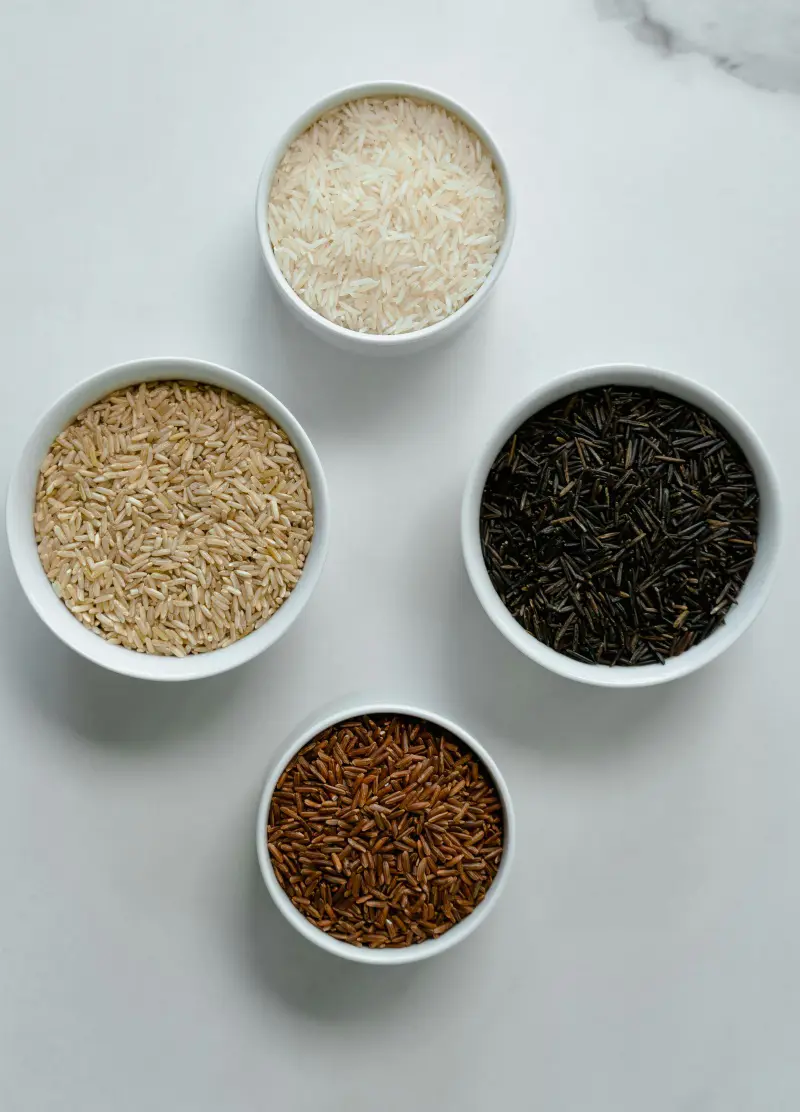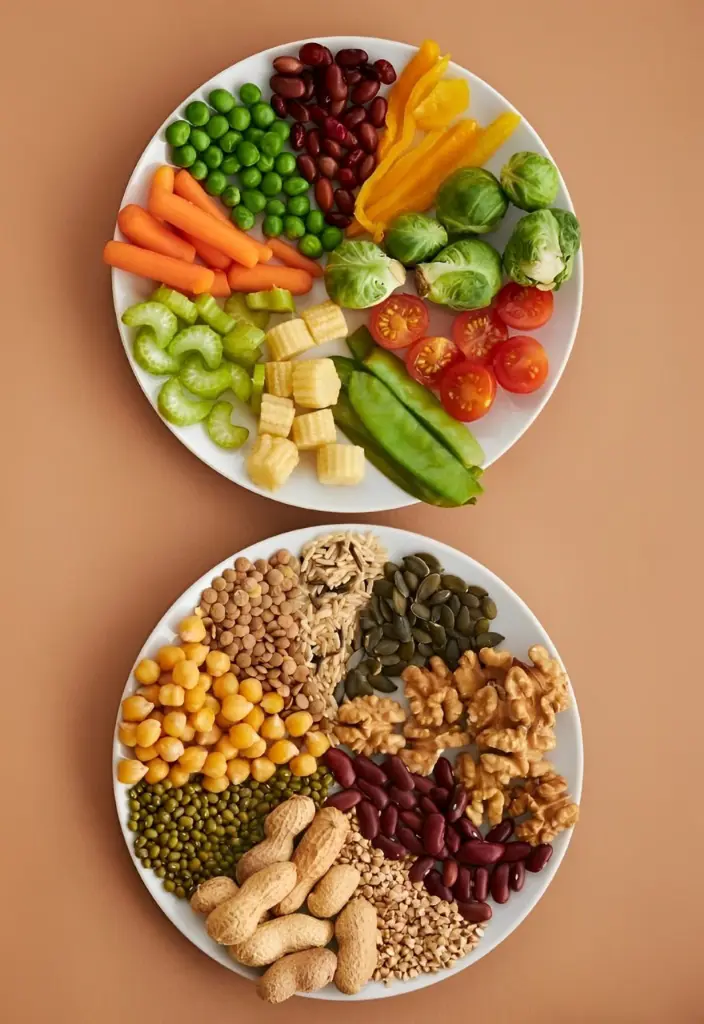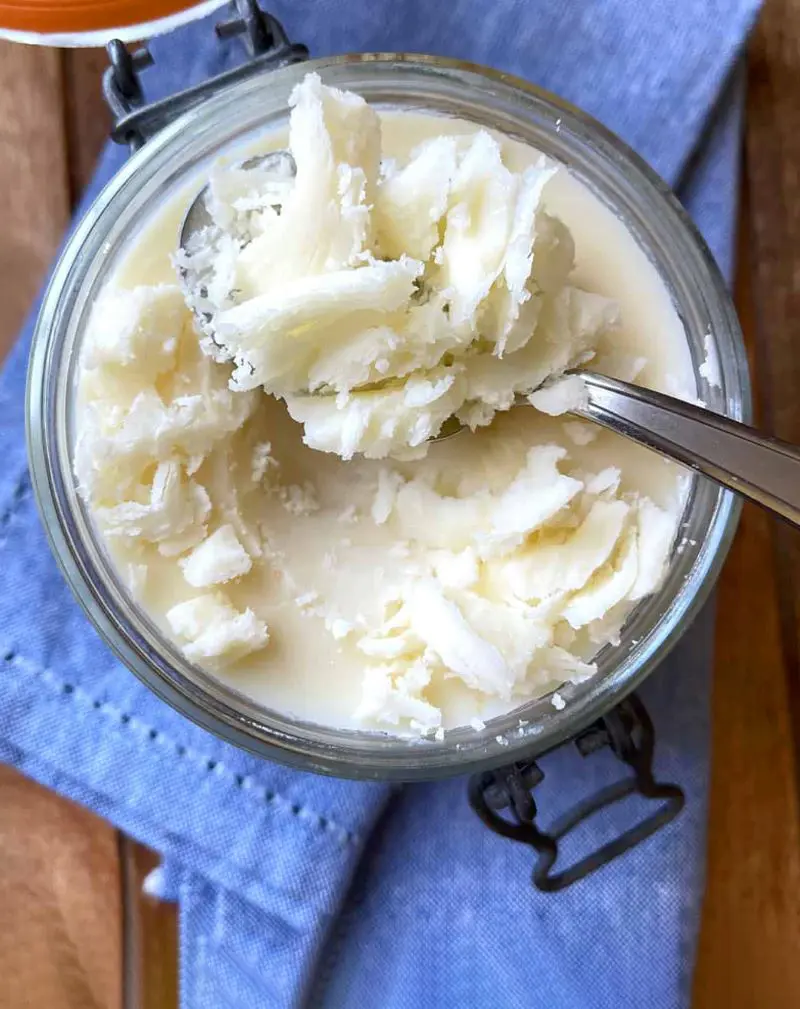Brown Rice Nutrition
As for the calories and carbohydrates, white and brown rice are very similar, but if you are focusing on the health benefits, brown rice will win here. Nutritionally, brown rice has an edge over white rice in virtually all other aspects.
One of the most extraordinary sources of manganese, a mineral that is little appreciated but that plays a crucial role in many physiological functions. Its nutritional value is superior to that of its processed white counterpart in that it is filled with essential vitamins, minerals and helpful components that are absent in processed white rice.
Here is the nutritional value brown rice has:
- Energy: 82 calories
- Protein: 1.83 g
- Total lipid (fat): 0.65 g
- Carbohydrates in brown rice: 17.05 g
- Fiber, total dietary: 1.1 g
- Sugars, total: 0.16 g
- Calcium: 2 milligrams (mg)
- Iron: 0.37 mg
- Sodium: 3 mg
- Fatty acids, total saturated: 0.17 g
- Fatty acids, total trans: 0 g
- Cholesterol: 0 mg
- Manganese: 88% DV (Daily Value)
- Selenium: 27% DV
- Magnesium: 21% DV
- Phosphorus: 16% DV
- Thiamine (vitamin B1): 30% DV
- Riboflavin (vitamin B2): 11% DV
- Niacin (vitamin B3): 35% DV
- Pantothenic acid (vitamin B5): 15% DV
- Vitamin B6: 15% DV
Given all the beneficial nutrients that this rice has, you may are possibly planning to include it in your diet. Well, it also has a lot of advantages for your health. It means that there isn’t any doubt that brown rice is good for the heart of any person consuming it.
High in fiber and other compounds that may potentially have a lowering effect on the risk of heart disease.
With its impressive array of essential nutrients like fiber, manganese, selenium, magnesium, phosphorus, and B vitamins, incorporating the nutty, chewy goodness of brown rice into one's diet provides a nutritious boost.
Here are the following benefits of having brown rice:
